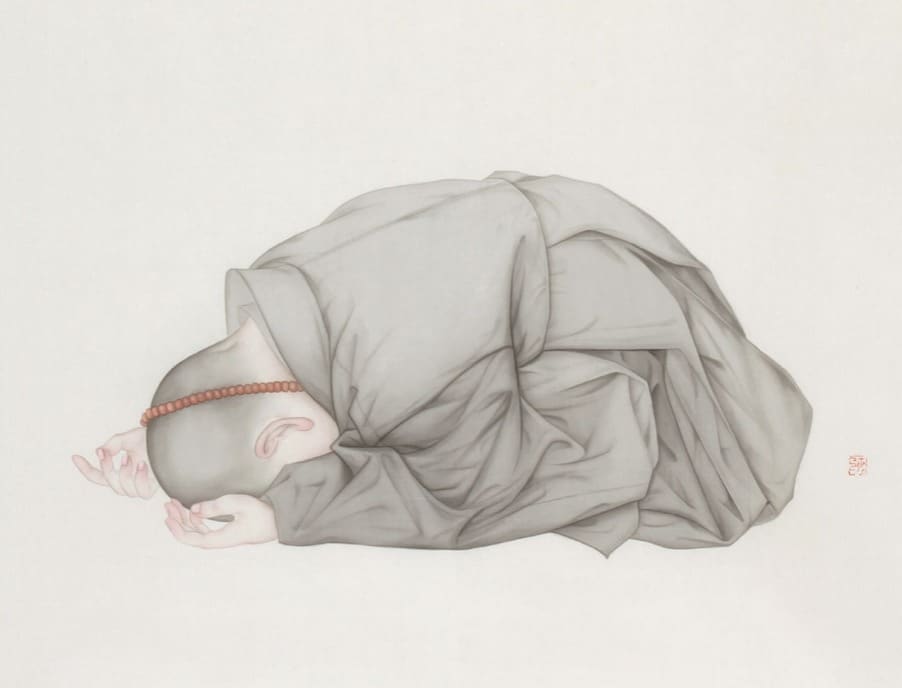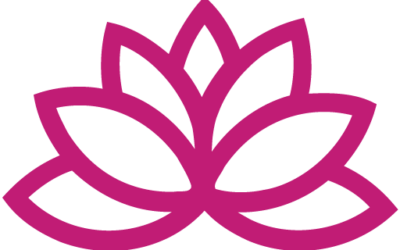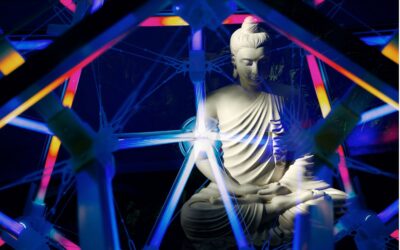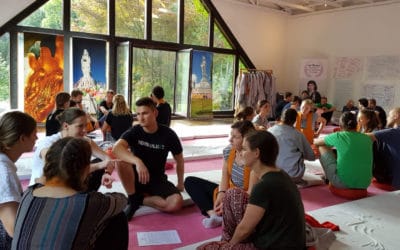“You do 108 prostrations every day?”
My friend looked at me utterly aghast. “You know I have been interested in Social Buddhism and its practice for quite some time.
I know your Mantra, we sometimes meditate together, and you have also shown me a few Ki Song exercises. But you have never told me anything about prostrations! Why is that? Is this a secret?”
I had to laugh. “No, of course it’s not a secret. It only has been my experience that many people to whom I have talked about this kind of practice did not quite understand what I was talking about. “Perhaps because,” I added, “in the Western World there is nothing comparable we could relate to.”
Verena put her hand on my shoulder, looking at me with a smile, “We have philosophized so much in the last few years about the meaning of life, our tasks, and determinations and finally always ended up with Buddhism. I can see how good this is for you, and in what beautiful way your life has changed in the last few years. I want to finally find out if this whole practice could also help me on my way to a more fulfilling life.”
“Now please tell me, how is a “prostration” done correctly? Is it painful? Aren’t 108 prostrations incredibly exhausting? How long does it take to do them?”
“Those are quite a few questions at once. Well, the daily prostrations are definitely not painful, of course, otherwise no one would like to do them. Actually, they are very healthy. Doing them strengthens your muscles, stretches your fascia and your whole organism is being activated. My back often feels quite tense in the morning and sometimes my knees ache. After only 20 prostrations, my joints and muscles loosen up noticeably, and I start the day pain-free.”
“That means it’s like a kind of healthy gymnastics exercise?”
“If you ignore the spiritual background, prostrations are relaxing and energizing exercises. Your cardiovascular system is strengthened and you balance your body and mind.”
The interesting thing is that I’ve observed that even well-trained athletes get sore muscles, when they start doing prostrations, probably because they activate areas that we usually don’t use a lot.
And to answer your question – yes, for me doing prostrations in the beginning used to be quite strenuous. As long as your body hasn’t integrated that movement pattern yet. For the first few years I really struggled to do 108 every day. It often felt it took me forever because I had to take so many breaks in between. Now it only takes me about 15 minutes. “
“And what is the spiritual background?” asked Verena.
“When we prostrate, we pay respect to Buddha. It helps us reduce our ego, adopt a humble mindset, and reduce our body karma.”
“Since we all have Buddha-nature, does that mean I am then more or less bowing to myself as well?” she asked.
I was amazed that my friend drew this conclusion and replied. “Yes exactly. Respect for Buddha, is also respect for yourself.”
“That sounds very nice. I can relate to this, but now can you please show me how to do prostrations?”
I stood up, folded my hands into hapchang and went down on my knees with my back straight, sat on my heels, bent my upper body towards the ground, touched it with my forehead and stood up again.
“Ah that doesn’t look so difficult” Verena commented. She folded her hands and did 5 prostrations in a row. “But that’s really exhausting” she said mischievously “I think I still need a lot of practice to reduce my ego. 108 is quite a lot indeed.”
I had to grin involuntarily. If she only knew we often performed many sets of prostrations during retreats… but that was another story.
I said, “So if you are more interested, you can find out many more exciting details about the background. Ja Young, the abbess of our Vienna sangha, who is a doctor and osteopathy, has just written a blog about the effects of prostrations also from a medical point of view. She explains what body karma is and more interesting things.









